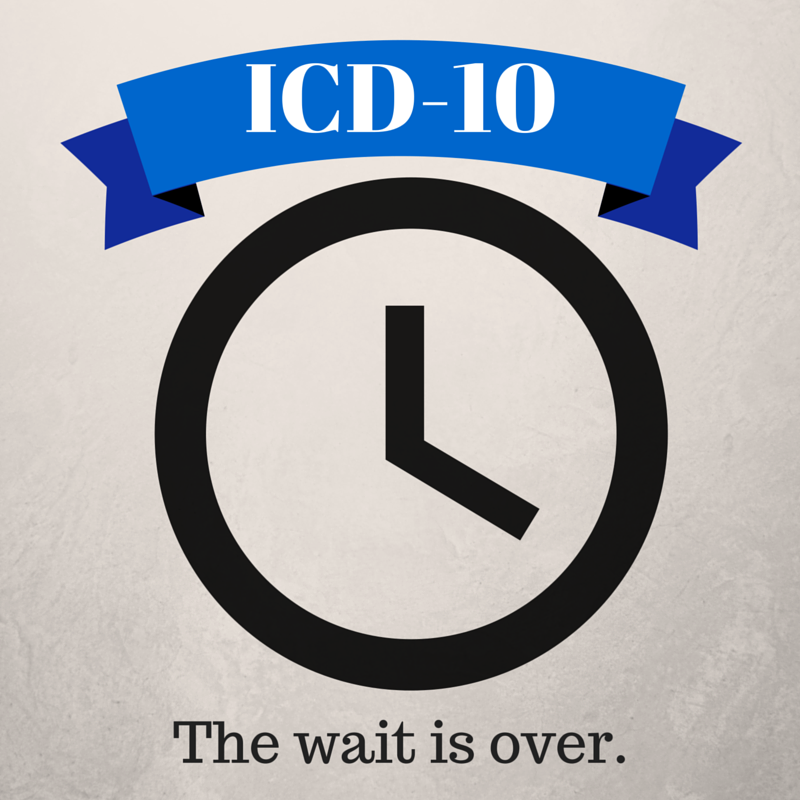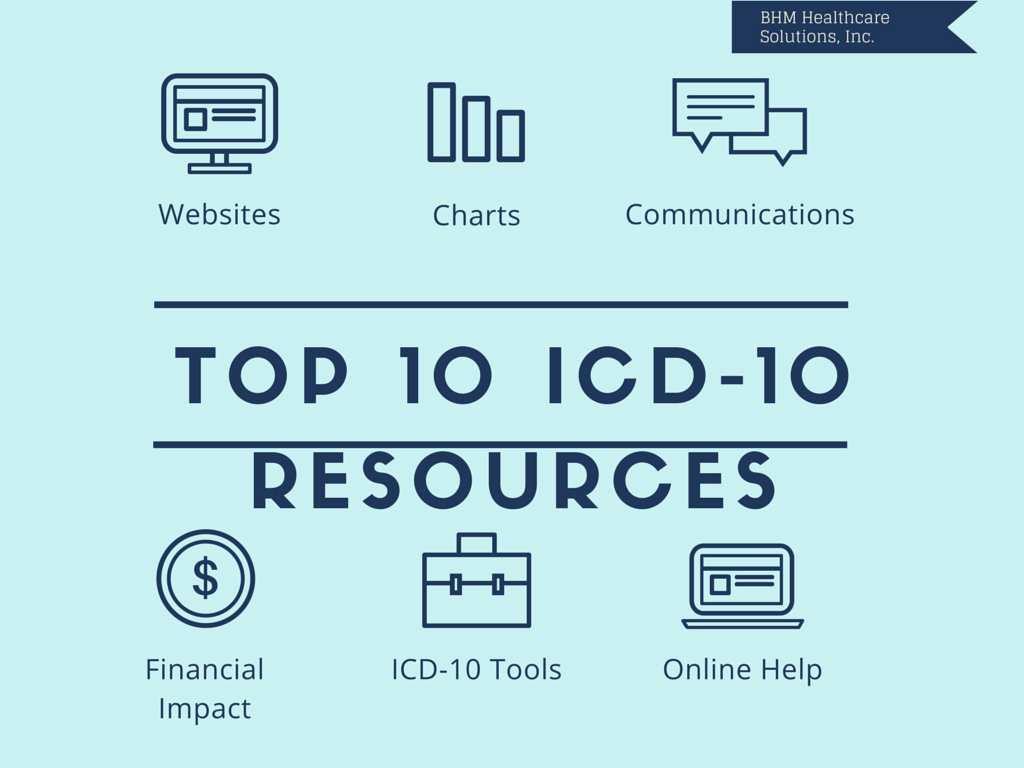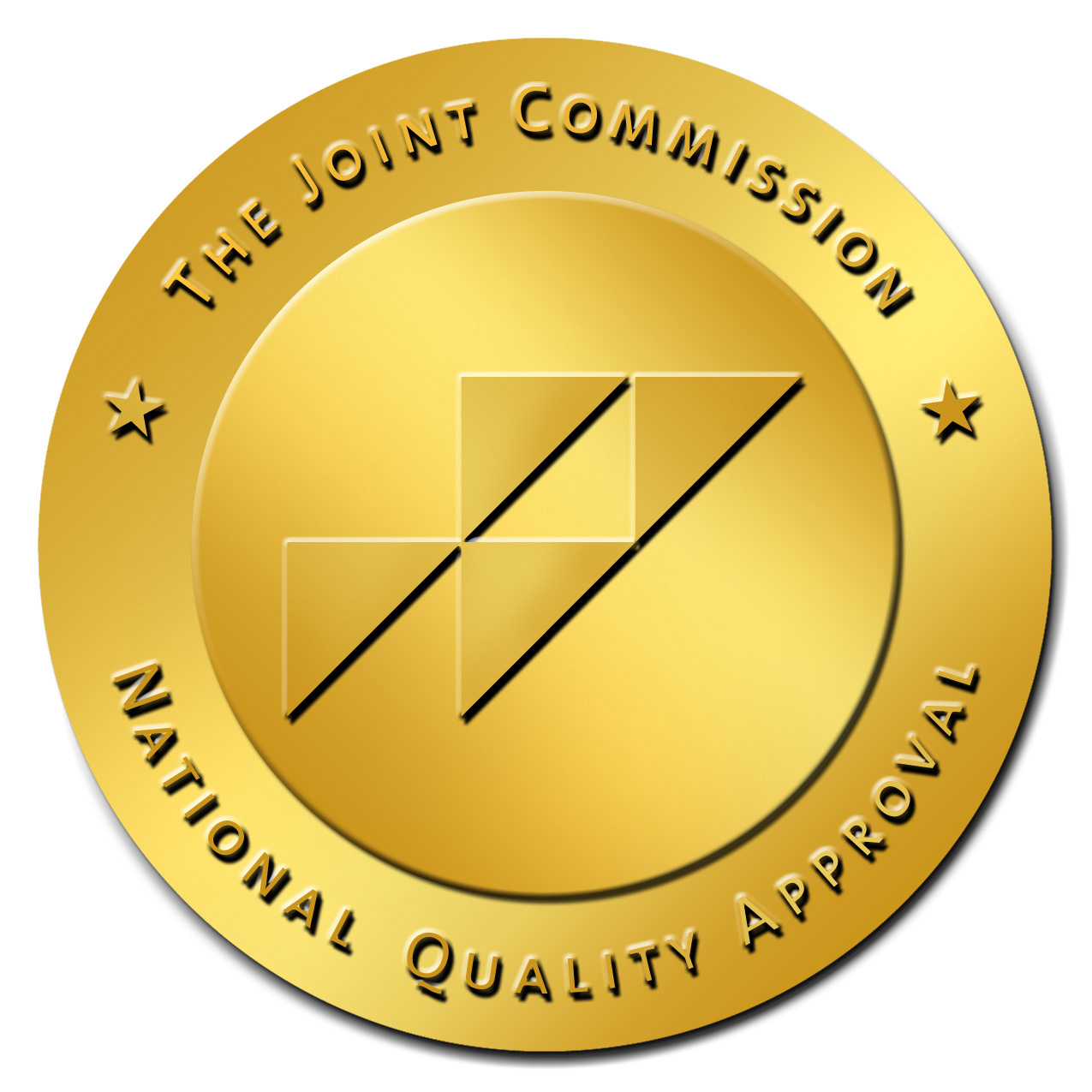ICD-10: The Countdown is Over – BHM’s Last Minute Tips
October 1st is here and with it arrives ICD-10. Whether the looming implementation date of the new codes sent your organization into a state of urgency or the date felt like a non-event, ICD-10 is here. There will be a strong focus on the transition to ICD-10 in the coming months and we know it isn't going to be easy, as resources and employees get allocated to fix errors and educate staff. It's important to remember that focus and communication will be key to get through the ICD-10 era. To help make this transition less overwhelming we have complied a list of seven last minute tips to help you successfully transition to ICD-10.









